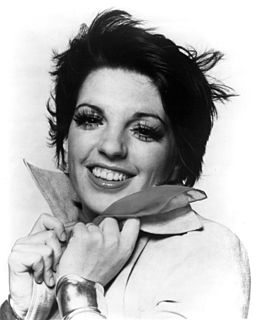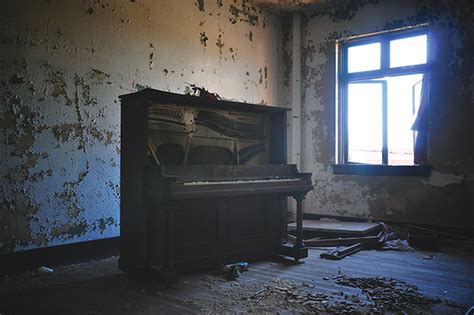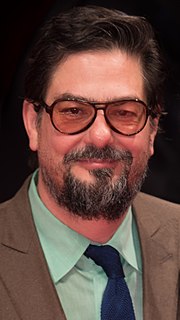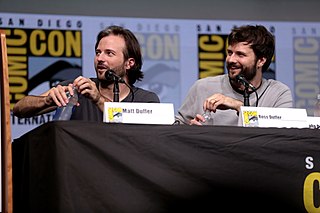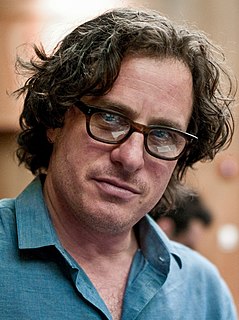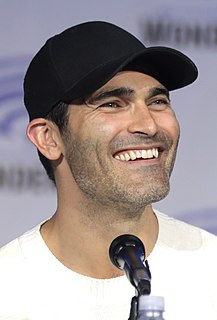A Quote by Greta Gerwig
I think being attracted to mistakes is one of the things that film can capture in a way that theater can't. Film can capture a moment of spontaneous life that will never be captured again. I like a lot of structure and a lot of lines, but then within that I make room for things to happen that you couldn't have predicted.
Related Quotes
You never know with Punk. He is definitely somebody who does things his own way, and I think the biggest thing is that you can never count out what his next move will be. I think no one would have predicted his move to UFC - nobody would have predicted a lot of things he does - so whatever he chooses to do, he will do what feels best in the moment.
Unfortunately, when you're working in film, it's this huge machine, and you've got to get everyone right there, so you get kind of locked into things. I'm not sure where the artistry in film making is. It's usually that moment when you're on set and you're working with the actors. That's the time to play around, the moment of theater. And then you can shape things. But a lot of it is just managing stuff. It's upsetting because you get away from the core.
We had this idea, and I think a lot of people did going in, that you can make some short film and it's going to get industry attention and that's going to be your thing. And it was only later on at school that we realized that's very rare that a short film is going to capture the attention of anyone.
I'm ready for all forms of dialogue about the film The Conquest. There will be a lot of political talk, but I don't think the film itself will be scandalous. For the French, there are so many emotions relating to Sarkozy and politicians in general that I think the film will generate a lot of passion, whether it be negative or positive. Above all, it's a fictional film. It was important not to make a documentary and to really pay attention to the images. From the choice of the actors to the mise en scene, the film is completely cinematographic. It's not just a boring political movie.
I think I missed all of the wonderful things ... I missed the control that you have in film, and I missed getting it right, really getting it right, the way you hope people will see it. All of the things that people love about theater - the fact that it changes every night and that it's so spontaneous - all of those things just frighten me.
One of the things that I love when I go to a film or when I'm reading some book or whatever, is to be told a secret I thought only I knew and then someone says, "Oh my gosh, you know, too." And film can take us into private moments in a way that the theater, I think, kind of can't, and that's one of the reasons I like doing films. And the way a book can is that these little secrets and the private things that go on in our minds that maybe we haven't shared with anyone, and then someone writes it or shows it to you in a film, you think, "Oh, that's me. Oh my God, that's me, I have that secret."
In 'Uncharted,' we do the scenes the same way you would do a film or television show. The motion capture - the performance-capture process - is what makes such a difference for this franchise. So I don't approach it any differently. The other actors and I go in and rehearse scenes together, and then we go in the next day and perform.
I bristle a little when the argument for film gets put into the nostalgia ghetto. Film is still the highest quality and best-looking image capture medium available. I don't think it always will be. The digital image will get better, and it will eventually surpass the quality of the film image, but it isn't there yet.
I honestly think the impulse is to grab something and capture it, and not capture a moment that you want to remember, but just capture an image that you want other people to see right away. It's about how someone is going to "like" this and it's no longer an experience. It's just this constant sharing of images. I personally don't like that very much.





